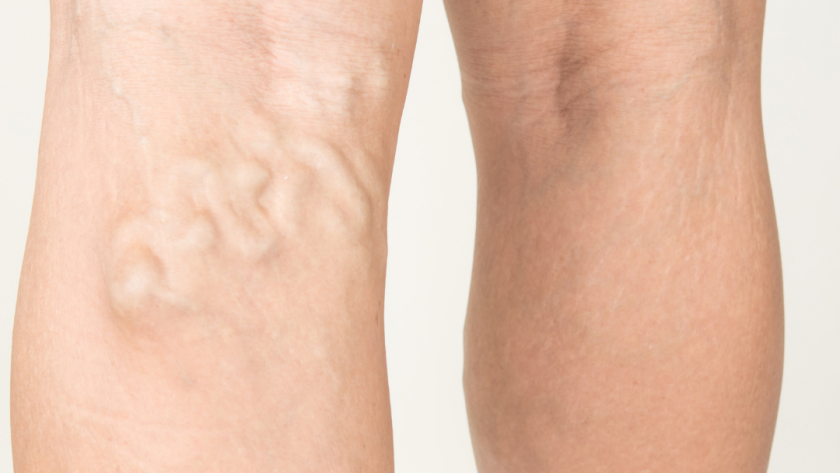Varicose veins present several symptoms, including a burning sensation or heavy or achy feeling in your legs. These enlarged veins usually develop with age. When you get older, your blood circulation will be less efficient than when you were younger. Keep in mind that varicose veins are just a cosmetic concern; however, they may result in more severe health problems for others. Some people may experience blood clots or ulcers. New York leg pain & swelling can provide you with appropriate treatment for varicose-vein-related leg pain.
Why Does Leg Pain Occur from Varicose Veins?
Varicose veins may not always be a suspected cause of leg pain since not all bulge on the surface. These veins cause the pooling of blood and the accumulation of waste products in the leg. When pressure and toxins build up, a person can suffer from leg pain, fatigue, or heaviness. These symptoms may worsen over time. Often, they improve by elevating the legs or wearing a compression stocking. But, some people who have serious vein leakage can suffer from chronic venous insufficiency characterized by more pronounced swelling and skin discoloration. When you have leg pain, swelling, or fatigue, you must get assessed for vein disease whether or not the bulging is visible.
Leg Swelling and Varicose Veins
When your leg swelling results from varicose veins, you may feel just a touch of swelling at your ankles or full-blown edema. But, if it is due to vein leakage, the swelling may worsen over time and settle in your ankles. Heat, standing, or sitting can aggravate the swelling. Often, you may need to elevate your legs, wear compression stockings, or frequently walk to alleviate leg swelling because of vein issues.
Treatments for Varicose Veins
Self-care options such as exercising, elevating your legs, losing weight, avoiding prolonged sitting or standing, and wearing loose clothes can help alleviate the symptoms of varicose veins. But, if these options don’ work for your pain, your doctor may suggest the following options:
- Sclerotherapy. Your vein specialist will inject a solution to your varicose veins to close them in this procedure.
- Radiofrequency ablation. With this treatment option, you avoid incisions or needles.
- Vein stripping. This method includes the removal of a long vein through small incisions.
- Catheter-assisted procedures. They are usually used to close bigger veins. Your vein doctor will heat up a catheter’s tip to destroy the vein.



